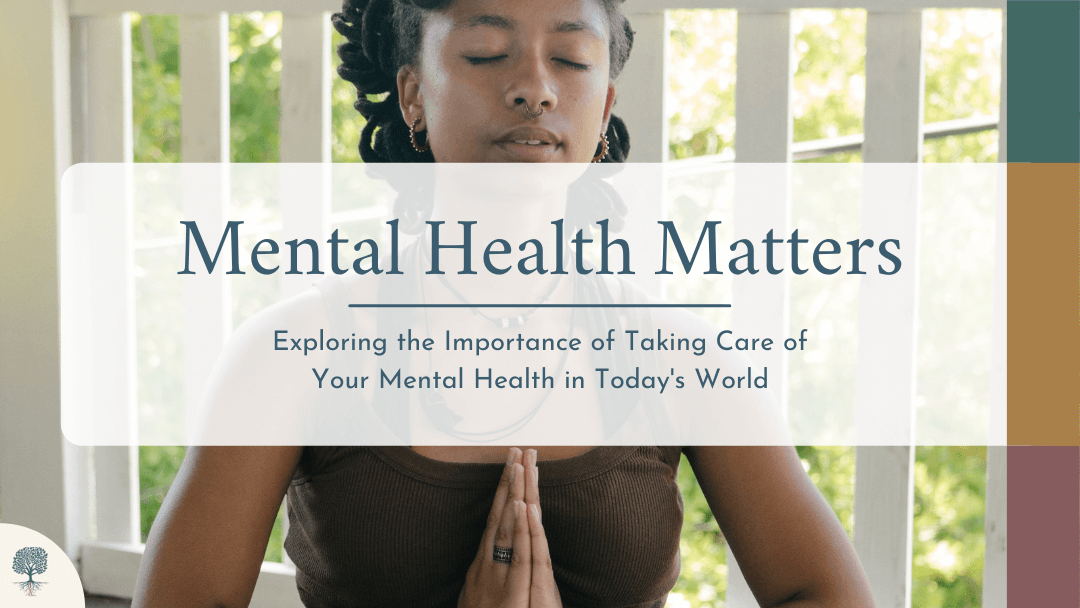
Embracing Vulnerability for a Healthier Society
Our culture often falls short in preparing us for vulnerability. We frequently use technology to create an illusion of perfection, convincing ourselves and others that our lives are flawless and will remain so. This facade, though comforting, is ultimately misleading and sets us up for crises when we inevitably encounter pain and suffering.
In our society, there is a tendency to isolate the elderly, the sick, and the needy, segregating them from the rest of the community. We hide pain and vulnerability from ourselves and our children, leading to a lack of skills to handle these essential aspects of human existence. It’s important to recognize that almost half of the population will experience a mental health issue at some point, and everyone will face periods of grief, confusion, and suffering that require the support of others.
As a child, I admired many individuals in the helping professions who made a positive impact in their communities. As I grew older, I realized that their effectiveness and relatability came from their willingness to speak openly about their struggles and pain. This honesty was refreshing and comforting to those who felt isolated in their own suffering.
Pain and vulnerability do not signify weakness. They become debilitating only when we refuse to accept the help we need to become stronger. These experiences are part of what makes us human, and overcoming them makes us more adaptable and better prepared for life’s challenges.
Accepting that pain is an unavoidable part of life is the first step toward healing. Many beautiful works of art have emerged from processed trauma. Similarly, many people enter healing professions because they have acquired the tools to provide the help they once needed.
To foster a healthier society, we must be honest with ourselves and others about our vulnerabilities. We need to recognize and address the parts of ourselves that we hide. By doing so, we can better support those in our community who need help.
Improving mental health is not just about feeling “better.” It involves learning to embrace and accept the full spectrum of our experiences and parts that make us whole. There is joy, sadness, and profound absurdity in the human condition. Everyone needs help at times, and everyone has the capacity to help others. Recognizing this interconnectedness can help us build a more compassionate and supportive world.
Bibliography
Books
- Brown, B. (2012). Daring Greatly: How the Courage to Be Vulnerable Transforms the Way We Live, Love, Parent, and Lead. New York: Gotham Books.
- Neff, K. (2011). Self-Compassion: The Proven Power of Being Kind to Yourself. New York: William Morrow.
- Keltner, D. (2009). Born to Be Good: The Science of a Meaningful Life. New York: W.W. Norton & Company.
- Gilbert, P. (2010). The Compassionate Mind: A New Approach to Life’s Challenges. Oakland, CA: New Harbinger Publications.
- Van der Kolk, B. (2014). The Body Keeps the Score: Brain, Mind, and Body in the Healing of Trauma. New York: Viking.
Articles
- Brown, B. (2006). Shame Resilience Theory: A Grounded Theory Study on Women and Shame. Families in Society, 87(1), 43-52.
- Gilbert, P., & Procter, S. (2006). Compassionate Mind Training for People with High Shame and Self-Criticism: Overview and Pilot Study of a Group Therapy Approach. Clinical Psychology & Psychotherapy, 13(6), 353-379.
- Neff, K. D. (2003). Self-Compassion: An Alternative Conceptualization of a Healthy Attitude Toward Oneself. Self and Identity, 2(2), 85-101.
- Harris, R. (2009). ACT Made Simple: An Easy-to-Read Primer on Acceptance and Commitment Therapy. Oakland, CA: New Harbinger Publications.
- Porges, S. W. (2001). The Polyvagal Theory: Phylogenetic Substrates of a Social Nervous System. International Journal of Psychophysiology, 42(2), 123-146.
Further Reading
- Goleman, D. (1995). Emotional Intelligence: Why It Can Matter More Than IQ. New York: Bantam Books.
- Linehan, M. M. (2015). DBT Skills Training Manual, Second Edition. New York: Guilford Press.
- Rogers, C. R. (1961). On Becoming a Person: A Therapist’s View of Psychotherapy. Boston: Houghton Mifflin.
- Frankl, V. E. (2006). Man’s Search for Meaning. Boston: Beacon Press.
- Siegel, D. J. (2012). The Developing Mind: How Relationships and the Brain Interact to Shape Who We Are. New York: Guilford Press.













0 Comments